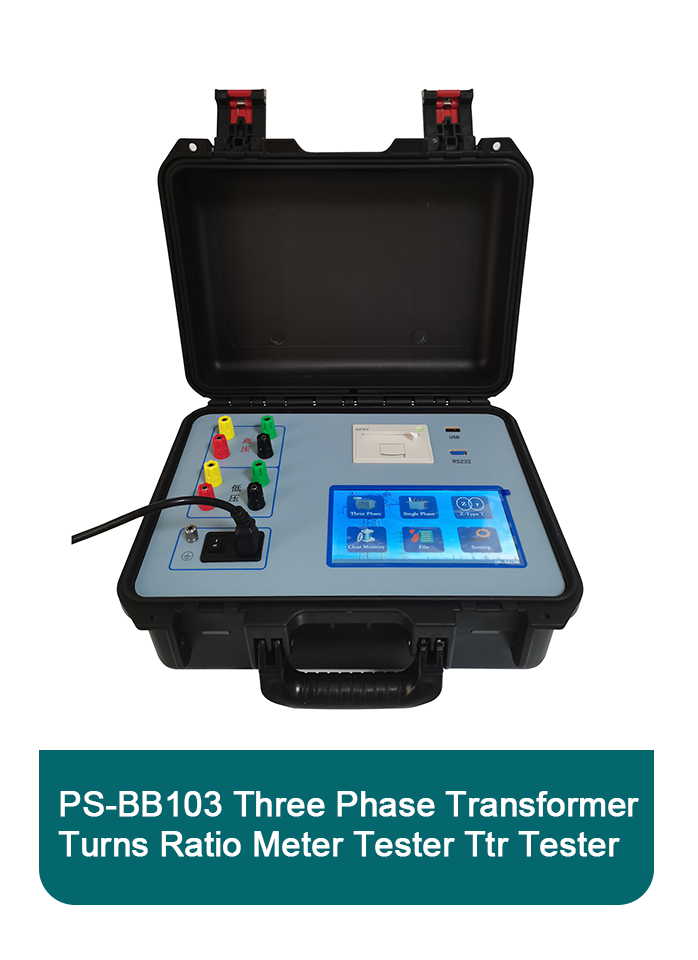 English
English


Advanced Techniques and Tools for Accurate High Voltage Measurement in Electrical Systems
High Voltage Measurement Equipment An Essential Aspect of Electrical Engineering
High voltage measurement equipment plays a crucial role in the field of electrical engineering, enabling accurate and reliable assessments of high voltage systems. These devices are essential in various applications, including power generation, transmission, and distribution, ensuring that operations remain safe and efficient. With electricity's increasing demand, the use of high voltage systems is becoming more prevalent, necessitating advanced measurement technologies to ensure safety, compliance, and performance.
Understanding High Voltage Measurement
High voltage is generally defined as any voltage level above 1000 volts for alternating current (AC) and 1500 volts for direct current (DC). Due to the dangers associated with high voltage levels, measuring equipment must be designed to handle these conditions accurately and safely. The primary objective of high voltage measurement equipment is to monitor voltage levels, current, and other electrical parameters within high voltage installations. Precise measurements are vital for system diagnostics, maintenance, and safety management.
Types of High Voltage Measurement Equipment
Several types of high voltage measurement instruments are commonly used in the industry, each suited for specific applications
1. High Voltage Probes These devices extend the range of standard oscilloscopes or multimeters, allowing them to measure high voltage signals safely. High voltage probes are designed with a high input impedance and a voltage divider to scale down the voltage to levels that standard measuring devices can handle.
2. Creepage and Clearance Measurement Tools In high voltage applications, ensuring proper insulation and spacing between components is critical. Specialized instruments can measure the creepage distance (the shortest path along the surface) and clearance (the shortest distance through the air) to prevent arcing and insulation failures.
high voltage measurement equipment

3. Voltage Transformers Often used in substations, voltage transformers step down high voltages to lower levels for safe measurement and monitoring. They provide isolation from high voltage systems, making it easier for operators to measure voltages without direct contact.
4. Insulation Resistance Testers These devices measure the insulation resistance of electrical equipment to ensure that they function safely under high voltage conditions. A higher insulation resistance indicates better performance and reduced risk of electrical faults.
5. Power Quality Analyzers These sophisticated instruments assess the quality of electrical power, including factors such as harmonics, voltage sags, and transients. Monitoring power quality is essential in high voltage systems to prevent equipment damage and ensure reliable operation.
Importance of High Voltage Measurement
The significance of high voltage measurement equipment cannot be overstated. Accurate measurements protect equipment, safeguard personnel, and maintain the integrity of electrical systems. High voltage faults can lead to catastrophic failures, resulting in costly repairs, extended downtime, and potential hazards to human life. Regular monitoring and assessment of high voltage systems can help identify issues before they become severe, thereby enhancing safety and operational efficiency.
Moreover, with the ongoing transition to renewable energy sources and advancements in electrical grid technology, the demand for high voltage measurement solutions will continue to grow. New developments in measurement technologies, such as smart sensors and real-time monitoring systems, promise to enhance the capabilities of high voltage measurement equipment, providing more comprehensive data analysis and connectivity for smarter energy management.
Conclusion
High voltage measurement equipment is a vital component in modern electrical engineering practices. As the industry evolves with technological advancements, the importance of accurate, reliable, and safe measurement solutions becomes increasingly clear. With the right tools and knowledge, engineers can ensure the safe operation of high voltage systems, contributing to a more efficient and reliable electrical infrastructure.
-
Differences between open cup flash point tester and closed cup flash point testerNewsOct.31,2024
-
The Reliable Load Tap ChangerNewsOct.23,2024
-
The Essential Guide to Hipot TestersNewsOct.23,2024
-
The Digital Insulation TesterNewsOct.23,2024
-
The Best Earth Loop Impedance Tester for SaleNewsOct.23,2024
-
Tan Delta Tester--The Essential Tool for Electrical Insulation TestingNewsOct.23,2024





